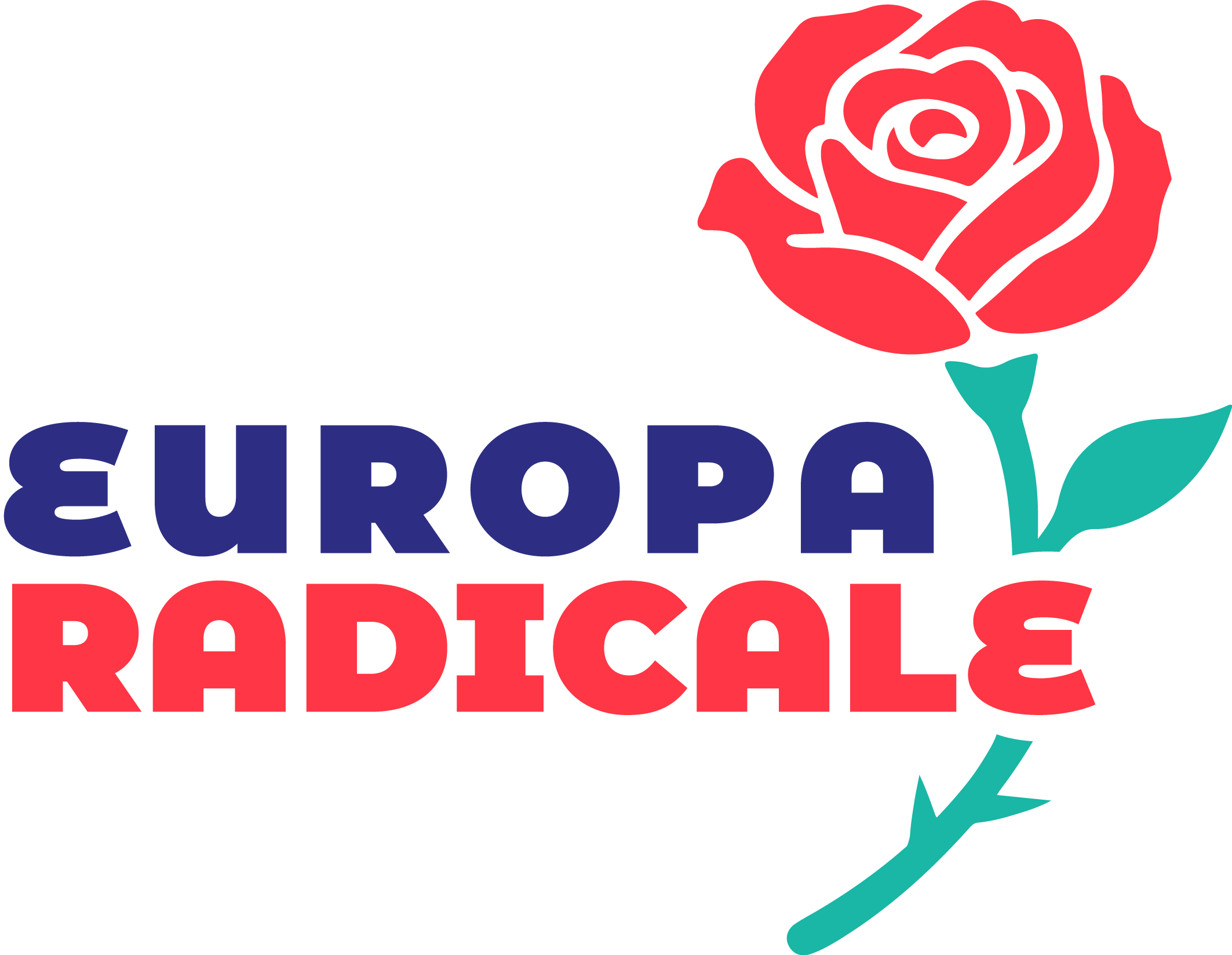Against warmongering fundamentalism, a peace offensive for Israel and Palestine
A large part of public opinion has now consolidated, regarding the Israeli-Palestinian question, an orientation that wants to be, believes itself to be, a supporter of peace, and in fact is precisely the opposite. It is more important than ever to become aware of this in the new context that has opened up.
Now the truce is in force. But every day, we see, it is in doubt. Above all, it is clear that even if it lasts, and as long as it lasts, it is only a pause while waiting for the war to resume. The reason is obvious: Hamas, and with Hamas the Iranian regime, has as its essential objective, even as its raison d’être, the destruction of the state of Israel. October 7th demonstrated that by “destruction of the state of Israel” it means the extermination of all Israelis, and if possible of all Jews. Hamas therefore wants, plans war. And it forces Israel to practice it, as it did after October 7, because its government – not the Netanyahu government, but any government, which has the duty to protect its people – cannot allow a military structure that pursues this sole purpose to operate and grow on its border. (Throughout this very long period, mind you, no one has been able to suggest to Israel how else to defend itself).
From this basic structure of the conflict has come the horror of the massacre and destruction in Gaza, the ultra-populated strip where Hamas has installed its military structure and which it has made its human shield. If this is the case, and it is, the public opinion movements in the West that, in asking for peace, demand “free Palestine from the river to the sea”, that is, the destruction of Israel as Hamas and Khomeini’s Iran want it, work to force Israel to defend itself with war. In fact, against its own pacifist intentions, they end up asking for war. It is no coincidence that these movements of opinion have given rise to the revival of an anti-Semitism that recalls Nazism and the Stalinism of the Molotov-Ribbentrop Pact.
Public opinion in democracies has weight. It is necessary, it is indispensable, that this movement of opinion be countered by another that calls, instead, for a true path to peace, a peace offensive. The indispensable premise is that both sides renounce the objective of destroying the adversary; that they decide to choose that the others must also be able to live and exist. In short: a movement that truly wants an end to the war must first demand that the desire to erase Israel be eliminated from the scene. Starting from such a premise, the request to ensure self-government for the Arab-Palestinian population will become irresistible.
An arduous road? Of course, first of all because Hamas and the Iranian Ayatollahs cannot give up eliminating Israel: for them it is not a national political objective, but an inalienable religious obligation, given that in their vision of Islam it is an obligation dictated by God that that holy land have an Islamic government. A movement of opinion truly aimed at peace should help, solicit, support a process that in the Arab-Islamic world leads to isolating, marginalizing the fundamentalists of Hamas, and in Iran to effectively support the extraordinary resistance against the theocratic regime in the name of human rights. At the same time, of course, it should support the marginalization in Israel of the minorities that claim to possess the whole of Palestine because it was promised by God to the Jews, and the unacceptable policy of expropriation and colonization in the West Bank. With these premises, Radical Europe launches this challenge. Our hope is that in Italy and in the West the idea of the path to peace will be opposed to that of false pacifism that limits itself to accusing Israel, as if it were the one who wanted and caused the war. False pacifism mixed with the “anti-Western” moods that, for many reasons, pervade our public opinions, contesting the democratic-liberal civilization of which Israel is also an expression. An orientation of opinions different from the one prevailing today could also make an essential contribution to developing conditions different from those present in the Middle East.
